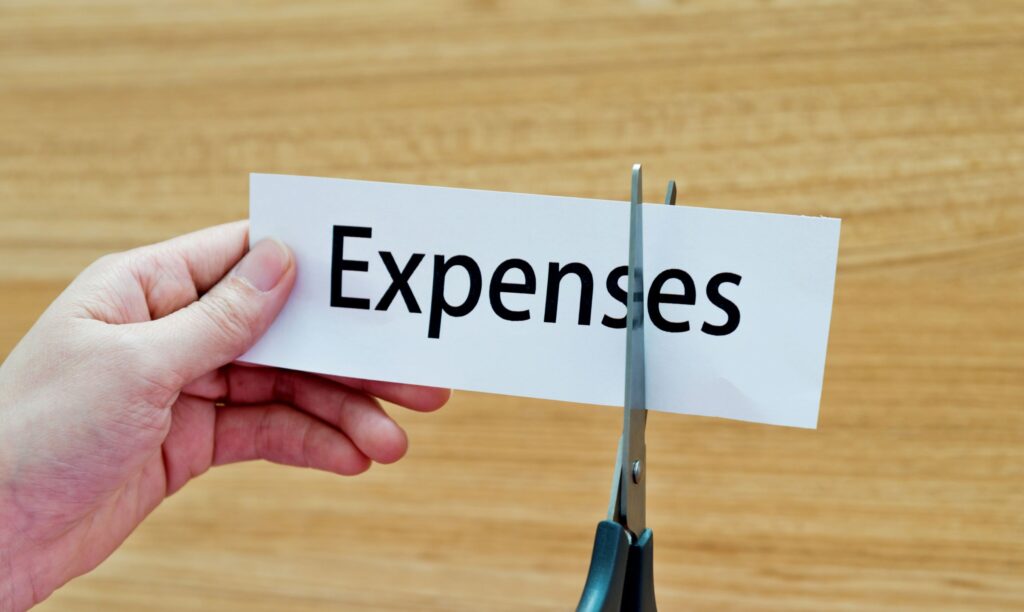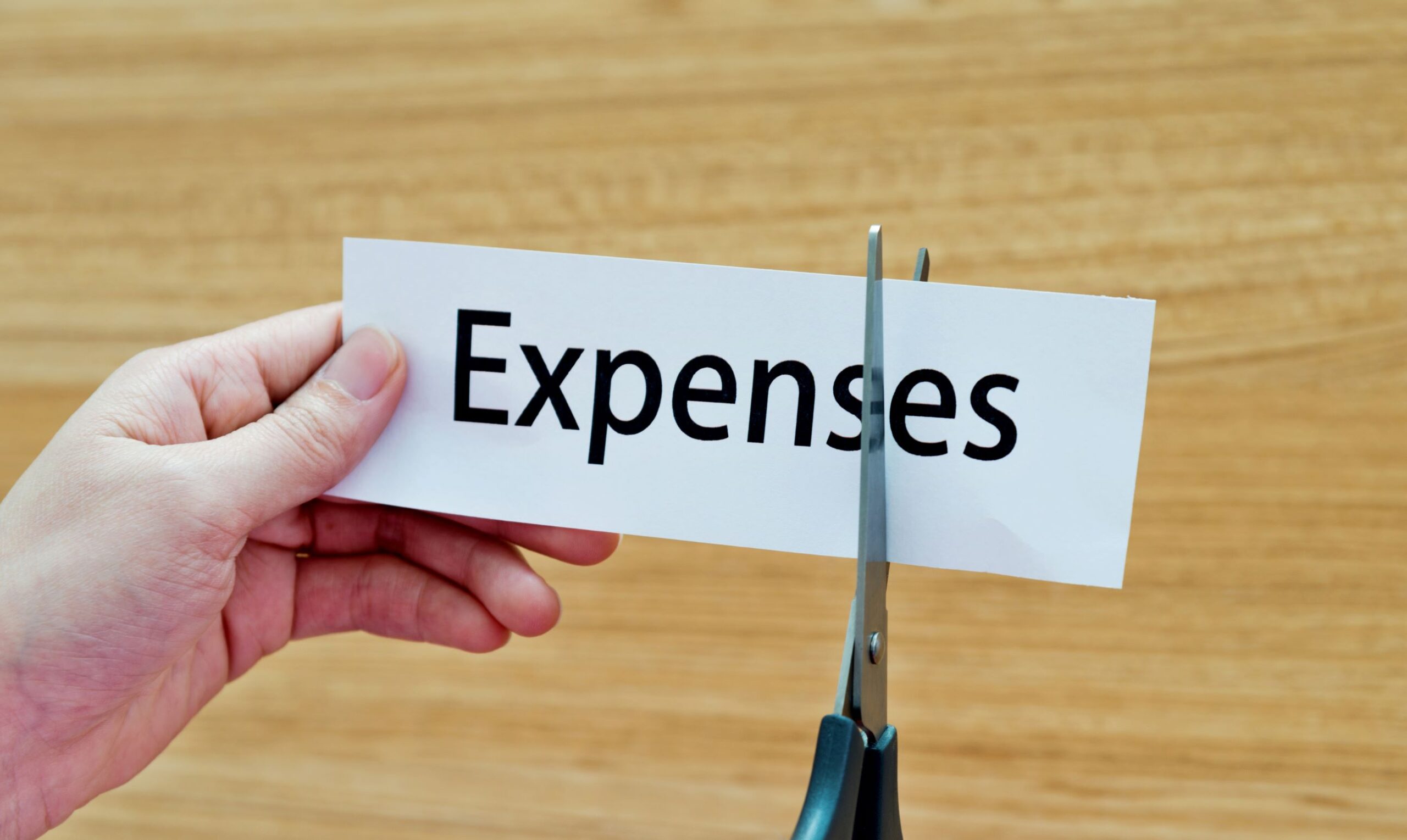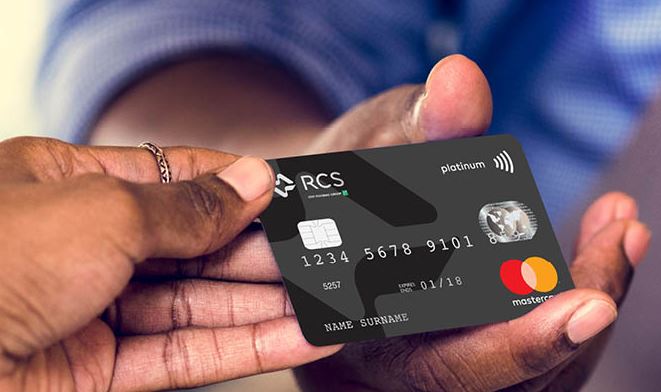Let’s talk about unnecessary expenses? Managing personal finances effectively is crucial for achieving financial stability and long-term goals. One of the key aspects of financial management is avoiding unnecessary expenses.
Unchecked spending on non-essential items can erode savings, hinder financial progress, and create unnecessary financial stress. This guide provides a comprehensive overview of strategies to identify and avoid unnecessary expenses, helping you to optimize your budget and improve your overall financial health.

Understanding Unnecessary Expenses
Defining Unnecessary Expenses
Unnecessary expenses are expenditures that do not contribute to your essential needs or long-term goals. These expenses often include discretionary purchases that can be avoided or minimized without impacting your quality of life significantly. Examples of unnecessary expenses might include frequent dining out, impulse buys, or subscriptions that are underutilized. Understanding what constitutes an unnecessary expense is the first step in managing and reducing these costs.
The Impact of Unnecessary Expenses
Unnecessary expenses can have several negative impacts on your financial well-being:
- Erosion of Savings: Regularly spending on non-essential items can deplete your savings, making it harder to achieve financial goals such as buying a home or planning for retirement.
- Increased Debt: Excessive spending on unnecessary items can lead to accumulating debt, particularly if financed through credit cards or loans. This can result in high-interest charges and financial strain.
- Financial Stress: Constantly managing and worrying about expenses can create stress and anxiety, affecting overall well-being. Avoiding unnecessary costs helps to maintain a more balanced and stress-free financial life.
Strategies for Avoiding Unnecessary Expenses
Create a Detailed Budget
A detailed budget serves as a foundational tool for managing finances effectively. To create a comprehensive budget:
- Track Your Spending: Monitor all your expenses for at least a month to identify patterns and areas where spending can be reduced. Use budgeting tools or apps to track and categorize your expenses.
- Categorize Expenses: Divide your spending into categories such as essentials (rent, utilities, groceries) and discretionary (dining out, entertainment). This will help you see where you can cut back on non-essential expenses.
- Set Spending Limits: Establish clear limits for discretionary spending based on your overall budget. Adhering to these limits helps prevent overspending and encourages mindful spending.
Avoid Impulse Purchases
Impulse purchases are often driven by emotions or marketing tactics rather than actual needs. To avoid impulsive spending:
- Implement the 24-Hour Rule: When tempted to make an unplanned purchase, wait 24 hours before making a decision. This cooling-off period can help you evaluate whether the purchase is truly necessary.
- Create a Shopping List: Always make a list before shopping and stick to it. A shopping list helps focus on purchasing only the items you need, reducing the likelihood of impulse buys.
- Recognize Triggers: Identify common triggers that lead to impulse spending, such as stress or boredom. Finding alternative ways to address these triggers can help reduce impulsive purchases.
Evaluate Subscriptions and Memberships
Subscriptions and memberships can accumulate significant costs over time. To manage these expenses:
- Review Your Subscriptions: Regularly review all your subscriptions and memberships, including streaming services, magazines, and gym memberships. Assess whether you are using them regularly and if they provide value.
- Cancel Unused Services: Cancel subscriptions or memberships that are underutilized or no longer needed. Consider opting for lower-cost or free alternatives if available.
- Negotiate or Seek Discounts: For essential subscriptions or memberships, negotiate for better rates or look for discount opportunities. Many providers offer promotional rates or discounts for loyal customers.
Adopt a Minimalist Lifestyle
Adopting a minimalist lifestyle can help in reducing unnecessary expenses by focusing on what truly matters. Key aspects include:
- Prioritize Needs Over Wants: Shift your focus from acquiring more items to valuing experiences and relationships. Investing in experiences that enhance your life can be more fulfilling than material possessions.
- Declutter and Simplify: Regularly declutter your home to remove items that are no longer needed. This can help you reassess your purchasing habits and focus on essentials.
- Embrace Quality Over Quantity: Choose high-quality, durable items over cheaper alternatives that may need frequent replacement. Investing in quality can lead to long-term savings and reduce waste.
Plan for Big Purchases
Planning for significant expenditures helps manage costs effectively and avoids unnecessary financial strain:
- Research and Compare: Before making a major purchase, research options and compare prices. Look for the best deals and consider waiting for sales or discounts to make the purchase more cost-effective.
- Save in Advance: For large purchases, save up in advance rather than relying on credit. Creating a savings plan and setting aside money each month can help manage costs and avoid debt.
- Assess Necessity: Carefully evaluate whether the big purchase is truly necessary and aligns with your financial goals. Avoid making impulsive decisions for major expenditures.
Conclusion
Avoiding unnecessary expenses is a critical aspect of effective financial management. By creating a detailed budget, avoiding impulse purchases, evaluating subscriptions, adopting a minimalist lifestyle, and planning for significant purchases, you can reduce wasteful spending and improve your financial health. Implementing these strategies helps to optimize your budget, build savings, and achieve long-term financial goals, leading to a more secure and stress-free financial future.






